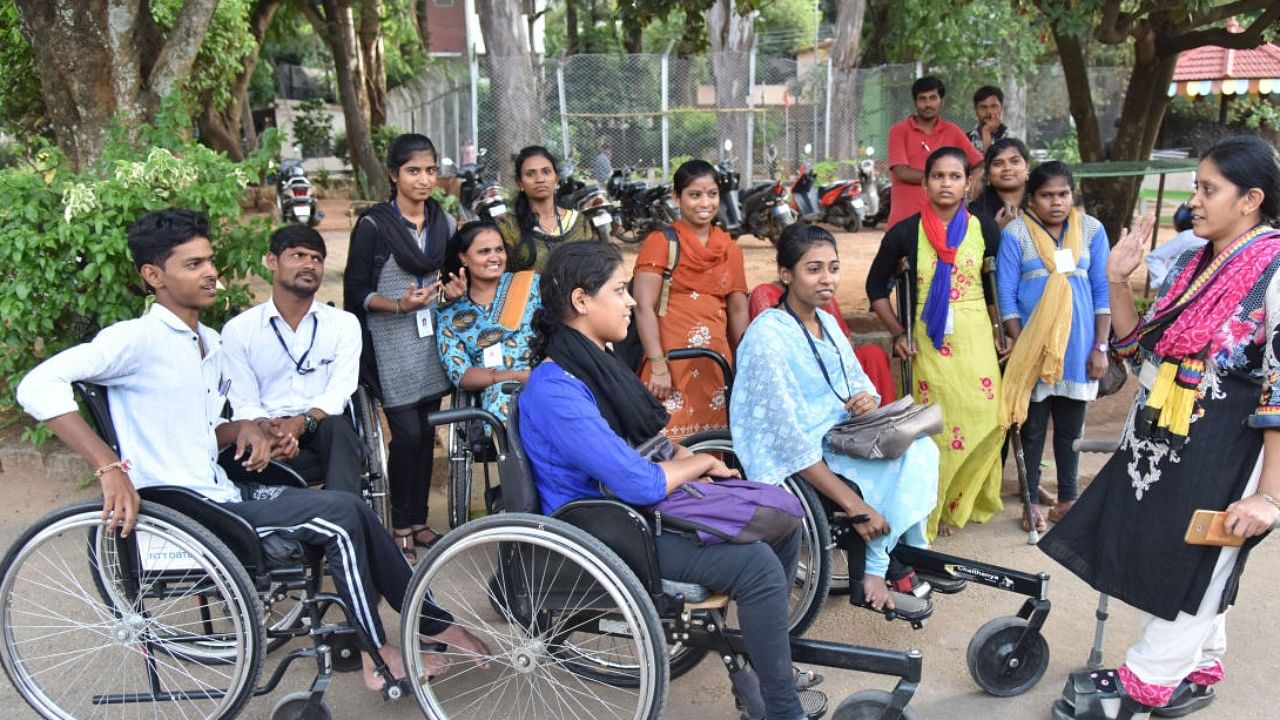
Despite the Delhi High Court’s order last December, insurance companies have not announced or are not promoting health insurance products for persons with disabilities, mental illness and HIV.
A few insurance products, announced so far, have high premiums too. As per the 2011 census, Karnataka has over 13 lakh persons with disabilities.
According to the court order, the Insurance Regulatory and Development Authority of India (IRDAI) issued a circular to companies in February and shared a model policy that set minimum parameters.
The NGO, National Centre for Promotion of Employment for Disabled People (NCPEDP), however, has found that only around seven companies have announced products on their websites, out of around 25, they are tracking. These companies, such as Royal Sundaram and Zuno, have largely followed the model shared by IRDAI, offering two products with annual coverage of Rs 4 lakh and
Rs 5 lakh.
But physically challenged persons, who called some of these companies in April, were told by customer care executives that they had no information on the products. “They have not received any call back from companies either. The products seem to be launched only for the sake of compliance,” Akshay Jain of NCPEDP said.
Besides, most companies have not specified premium amounts. Among the few that have, such as Star Health and Oriental Insurance, the amounts are higher than that charged in their products for non-disabled people.
The difference is stark in the case of Oriental Insurance where the annual premium is Rs 41,488 for people aged below 20 years for coverage of Rs 4 lakh. This is about 10 times the premium it charges this age group for its regular product.
A Bengaluru-based official from the company said premiums are kept high because of the high risk involved for this population and that no policies have been issued from their branch yet.
Siddharth Singhal, business head of Health Insurance at PolicyBazaar.com, said premiums would vary depending on the companies’ risk assessment.
Jain said that IRDAI should hold consultations with insurance companies and disability rights groups on developing separate products for different disabilities.
“Insurance companies’ understanding is that living with a disability involves harm to life, which is incorrect. Higher premiums may be justified in only certain cases, but currently, slabs are uniform for all.”